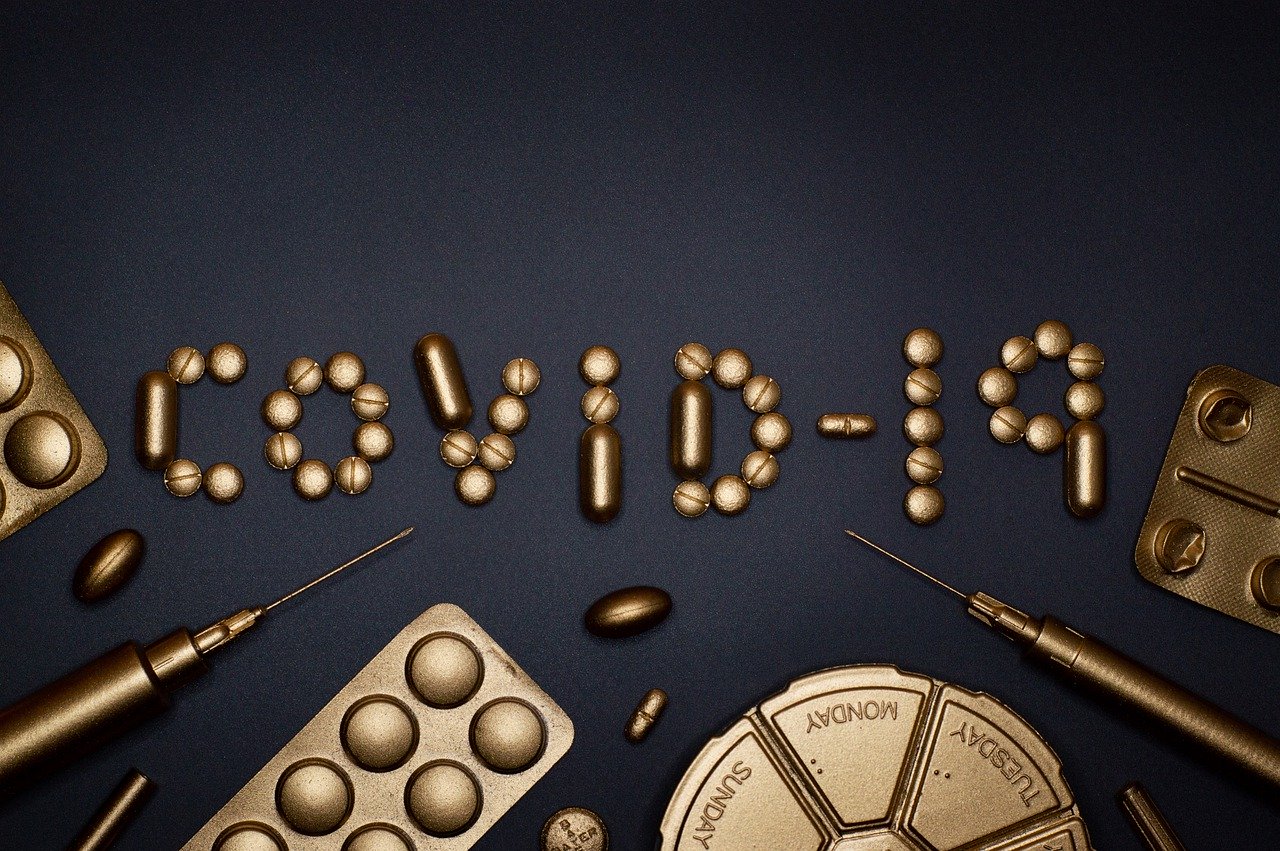Within only a few months, the COVID-19 pandemic has swept almost all areas of the globe, putting stress on healthcare systems and instilling new anxieties in people with underlying health conditions. If you suffer from sleep apnea, you may be wondering whether this new respiratory infection poses a significant risk to you in the short or long term.
While there is still much to be learned about this particular coronavirus infection, scientists have established that there are two important factors related to sleep apnea that could put you at greater risk of suffering severe effects from the disease: age and chronic health conditions such as heart disease, COPD, and diabetes. If you are an older person and suffer from an underlying health condition, therefore, it is worth taking extra special precautions to avoid infection such as safe social distancing and washing your hands on a daily basis.
While most people are already aware of these risk factors, sleep apnea sufferers who use a CPAP mask may also be at a higher risk of COVID-19 complications thanks to the lesser-known fact that pressurised air can facilitate contagion pathways if proper health and safety measures are not followed. Indeed, the aspirated fluid that travels down the throat when using a CPAP machine can easily transport pathogens such as COVID-19 to the lungs and cause pneumonia. Fortunately, there are plenty of simple ways to prevent infection when using a CPAP device. These include:
1. Maintain your CPAP treatment regime
Sleep is vital for maintaining a healthy immune system, so do not be tempted to forego your CPAP treatment. Getting adequate sleep will also lower your chances of developing severe complications from COVID-19.
2. Keep the CPAP machine far away from others
If you are living with others, remind them not to go near your machine. If they cough or breathe on it, infected droplets could potentially find a very easy route to your lungs. Remember that people can pass on the infection even if they don’t show symptoms.
3. Sanitise your CPAP machine
Try to clean your CPAP machine every day, including the tubing, humidifier water chamber, and the masks. Also, remember to wash your hands and face before wearing the mask.
4. Replace the CPAP filter
Remember to replace the CPAP filter as and when necessary, washing it at regular intervals to avoid infection.
Rely on ApneaSeal for all your CPAP needs
If you need CPAP supplies or advice about maintaining good hygiene while using your machine, get in touch with ApneaSeal today!

